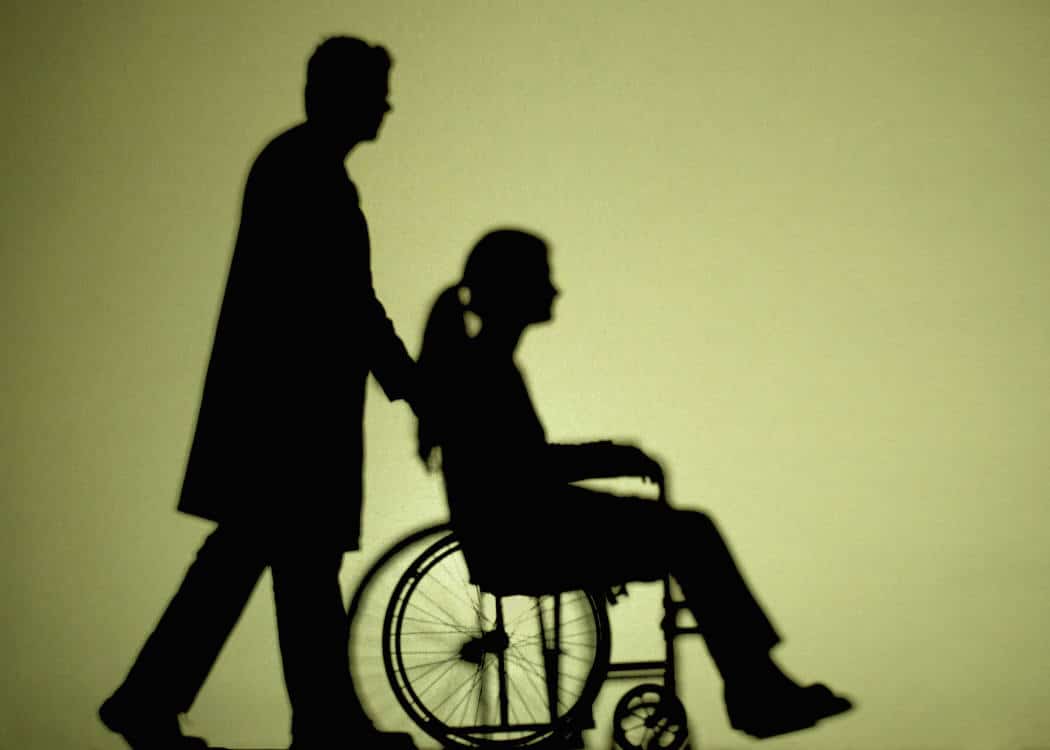Based upon the stage at which a person is in the progression of Huntington’s disease, their care and needs may change. The Cleveland Clinic’s recent article entitled “Caring for Someone with Huntington’s Disease” says here’s a look at what a loved one may experience and need at each stage of the disease.
- Early stage. The first symptoms include moodiness, feeling clumsy and having difficulty with complex thinking. Uncontrollable movements may occur, but for the most part, individuals can continue with their everyday activities. Beginning an exercise or rehabilitation program is critical at this time to help with balance and coordination.
- Middle stage. Individuals may have difficulty with working, driving and doing household chores. This stage’s symptoms include trouble swallowing, weight loss and loss of balance. Individuals may feel isolated after dealing with major life changes, so it’s important to make sure they’re interacting with friends and family.
- End stage. The disease has progressed to the point where it makes it difficult for individuals to leave bed. Care is needed around the clock.
As the caregiver, you may also need to think about becoming a power of attorney or a possible guardian. That way you’ll have access to your loved one’s medical records and care plans. You may also want to talk about advanced directives with your loved one. Work with an experienced elder law attorney.
With the time and care you devote to looking after your loved one, you also need to make sure to take care of yourself.
Experts say that it doesn’t matter if it’s a licensed and trained therapist, a member of the clergy, or a good friend, be sure you have some type of outlet or even the space to vent and express yourself.
It’s helpful to maintain that level of care for someone with Huntington’s disease needs.
Caregivers can have a mentality of taking care of the other person first and foremost and allowing anything the caregiver needs to be second.


